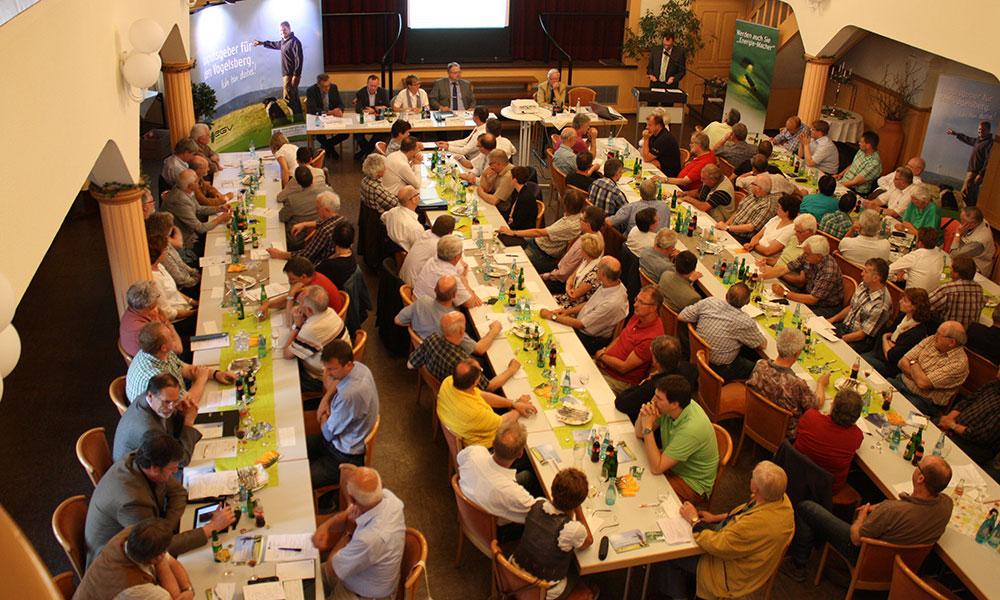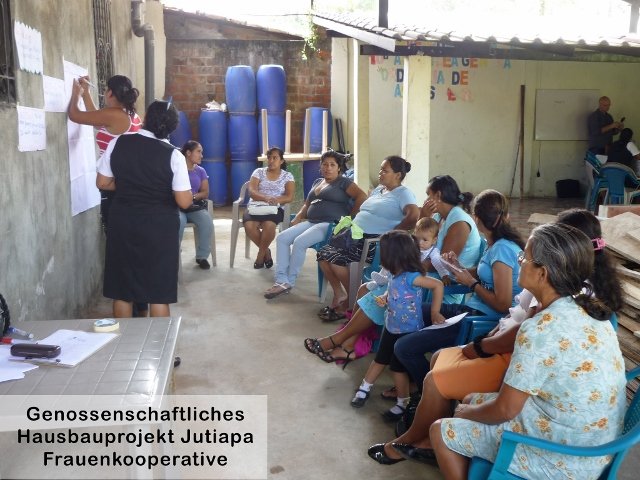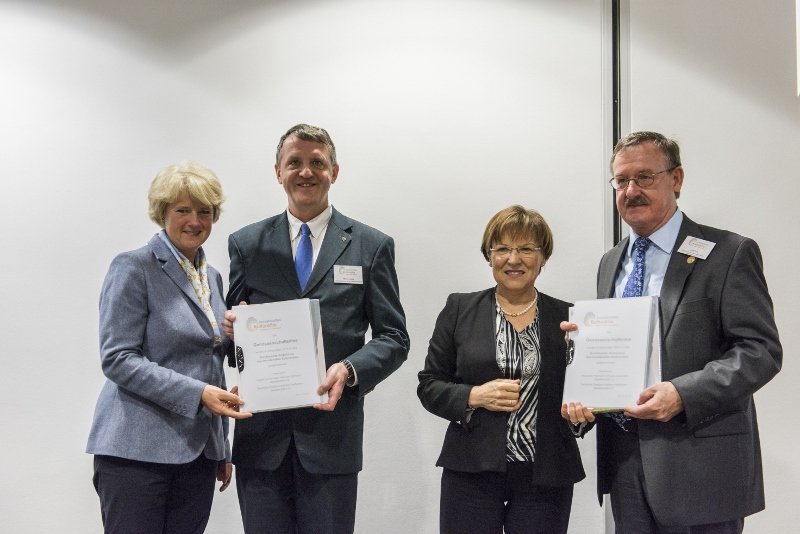Nationwide Inventory of Intangible Cultural Heritage
The Idea and Practice of Cooperatives

Cooperatives are community-based associations whose members work together on a voluntary basis for the benefit of all. It needs at least three people to found a cooperative. The purpose defined in the cooperatives' statutes may serve social, cultural and economic interests.
Facts & figures
Crucial date: all seasons
Inscription: 2014
Domains: forms of social self-organisation
Where to find: nationwide (also abroad)
Contact
Deutsche Hermann-Schulze-Delitzsch-Gesellschaft e. V.
@email
www.genossenschaftsmuseum.de/index.php
Deutsche Friedrich-Wilhelm-Raiffeisen-Gesellschaft e. V.
@email
www.raiffeisen-gesellschaft.de/de/raiffeisengesellschaft/
The principles of self-help, self-responsibility and self-administration as well as trust and reliability form the fundamental basis of all cooperatives. They are based upon democratic principles and intend to contribute towards an improvement in general living conditions - It is a model of civic self-help.
Cooperatives are open to all people, regardless of social, political, religious or ethnical background.
The idea for the first cooperative organizations goes back to the Welshman Robert Owen. Early precursors can be dated back to the Middle Ages.
In Germany, at a time of economic plight in the 19th century, the concept was adapted and shaped in particular by Hermann-Schulze-Delitzsch and Friedrich Wilhelm Raiffeisen. They founded non-profit financial cooperatives with open membership and joint business operation in order to make low-interest loans available to farmers and craftsmen.
The cooperative idea is spread widely today in Germany. It is applied in the most varied aspects of life such as labor, finances, nutrition or housing. Cooperative practice is a matter of specific, tangible commitment to a common goal. Today, the cooperatives, with their practised solidarity, are an effective structural element of society in Germany. The aim of social self-organization in cooperatives is to live and breathe personal responsibility and to practice solidarity among the members.
The cooperative idea was soon taken up by actors on both a regional and global plain and soon encompassed large social circles. To broad circles of society the idea of the cooperative opened up new possibilities for social participation and has proven itself till this day to be extremely dynamic and influential.
The idea of the cooperative was maintained and pursued further even under adverse conditions such as the era of National Socialism and during the division of Germany. Today, cooperatives in Germany have more than 21 million members. Worldwide there are 800 million members of cooperatives in more than 100 countries.





